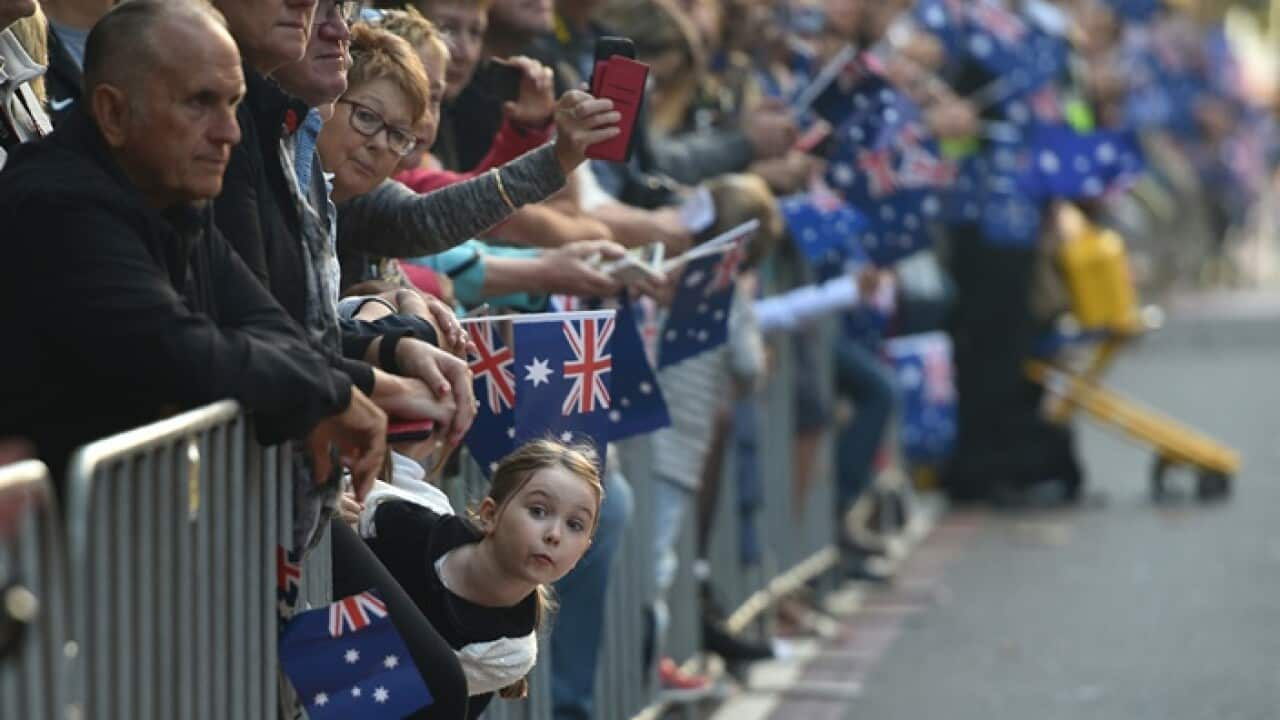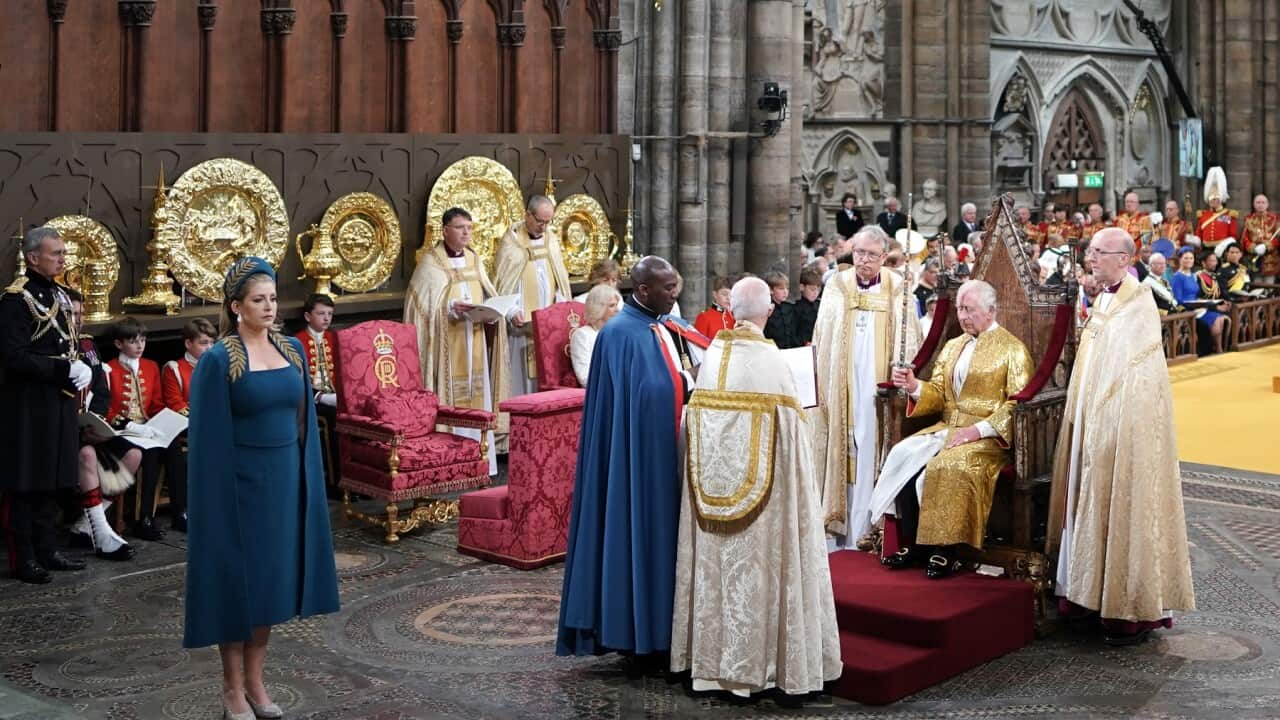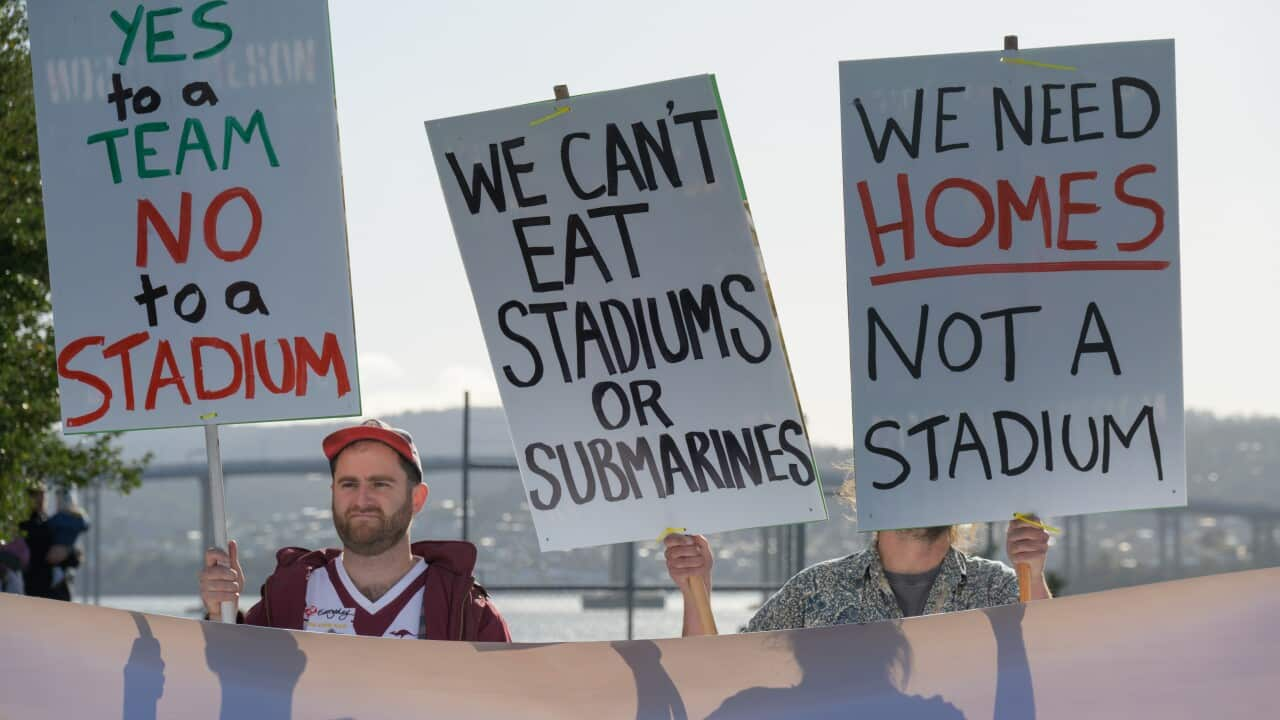Australia was to join Britain in the fight against the Central Powers, which included Germany, Hungary, Bulgaria and the Ottoman Empire.
Among the 420,000 enlisted soldiers over one thousand Aboriginal and Torres Strait Islander men volunteered their service. Many others came from culturally diverse backgrounds.
Professor Edmund Chiu is a volunteer researcher at the Chinese Museum in Melbourne.
There was a Defence Act (1903 law) which actually exempted people of non-European ancestry from joining the armed forces. So you had to be predominantly [of] European descent to join the armed forces at that time. However, the Chinese-Australians who joined ignored that totally and enlisted, he said.
His research on the history of Chinese-Australian Anzacs has so far identified 217 men who served during WWI.
He says it was medical officers acceptance that allowed these patriotic men to serve for their country.
Ethnicity wasnt a concern for some members of the public either.
National President of the Aboriginal and Torres Strait Islander Veterans and Services Association and Gundungurra man Gary Oakley says many Indigenous Australians were determined to volunteer.
Those with darker skin tones found other ways to get around the ban.
Some of those men who were knocked back in one place went and travelled interstate to other places, and joined in other states cos theyd heard that it was easier and the medical officer there was pretty slack, Mr Oakley says.
Gary Oakley says men of Aboriginal and Torres Strait Islander backgrounds joined for different reasons - including the chance to first earn a wage.
Gary Oakley believes it was the first time Indigenous Australians found equality.
Being accepted was something the thousand Russian-born servicemen had to fight for despite their European background according to Dr Elena Govor, a researcher from the Australian National University.
The Russian Anzacs were the largest nationality enlisted in the Australian Imperial Force after British, New Zealand and Canadian-born servicemen.
They came from various ethnic backgrounds within the borders of the Russian Empire.
World War I remains the costliest conflict for Australia in terms of deaths and casualties.
More than 60,000 died and another 156,000 servicemen were either wounded, killed or taken prisoner.
Unfortunately for many survivors, coming home didnt change their lives for the better.
The hopes of Indigenous Australian soldiers to raise their social status didnt happen until 1949 when restrictions on enlistment based on race were removed.
The shame about it was a lot of these men who went away from reserves in Australia to fight overseas came back and found the Indigenous reserve where they came from was actually turned into the soldier settlement scheme and they had been broken up. So the land they were on before they left, they came back and they couldn't go back on it, and you actually went away to fought for your country and came up and found that your piece of country has been parcelled up. Again, you were still not a citizen, Mr Oakley said.
Dr Govor explains how some of the Russian Anzacs simply couldnt cope with life after war.
In many cases they still were strangers. They couldn't find their place. Many of them suicided. I guess many had this post-traumatic stress disorder which no one really understood and diagnosed and they misbehaved, they got into all sorts of trouble.
The Russian Anzacs became Australians with the help of local women whom they married.
Dr Govor says Australias multiculturalism began in the story of Anzacs from different cultural and ethnic backgrounds.
Gary Oakley says for Indigenous Australians, marching on April 25th is about recognition.





